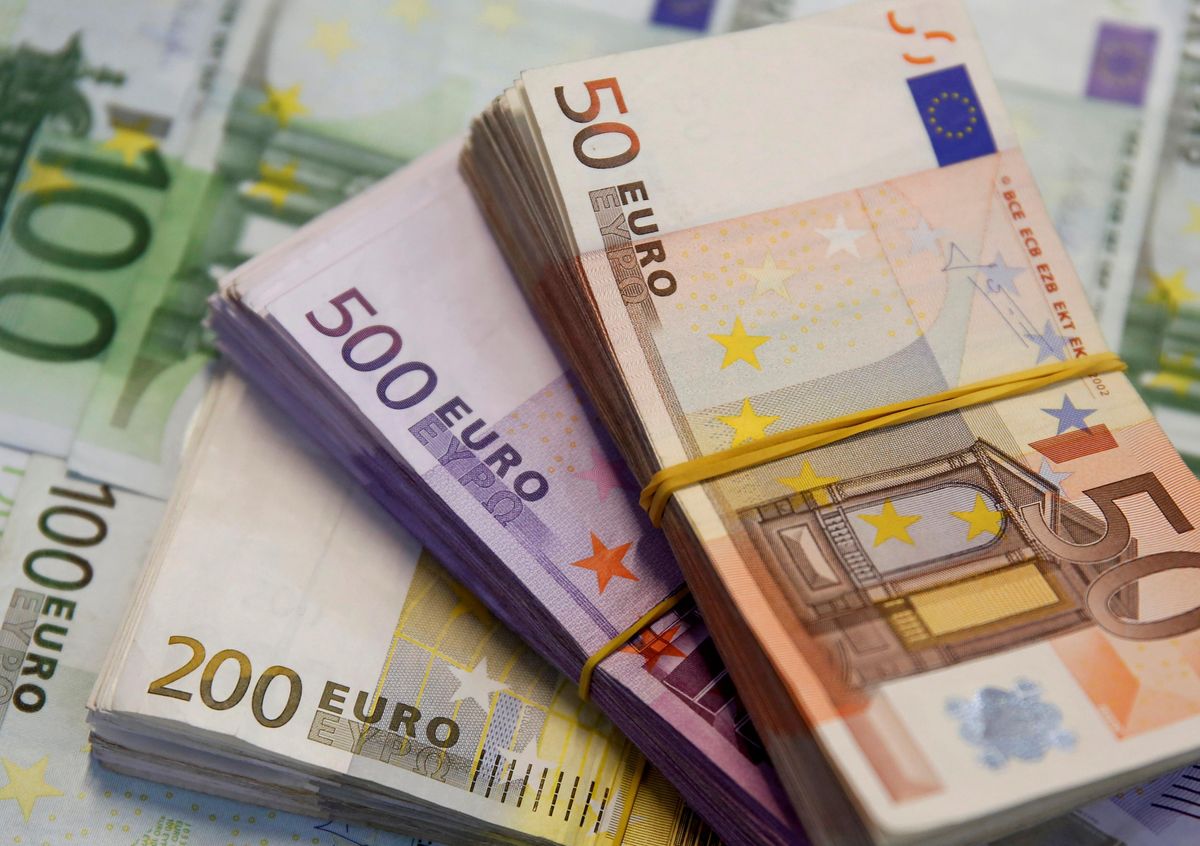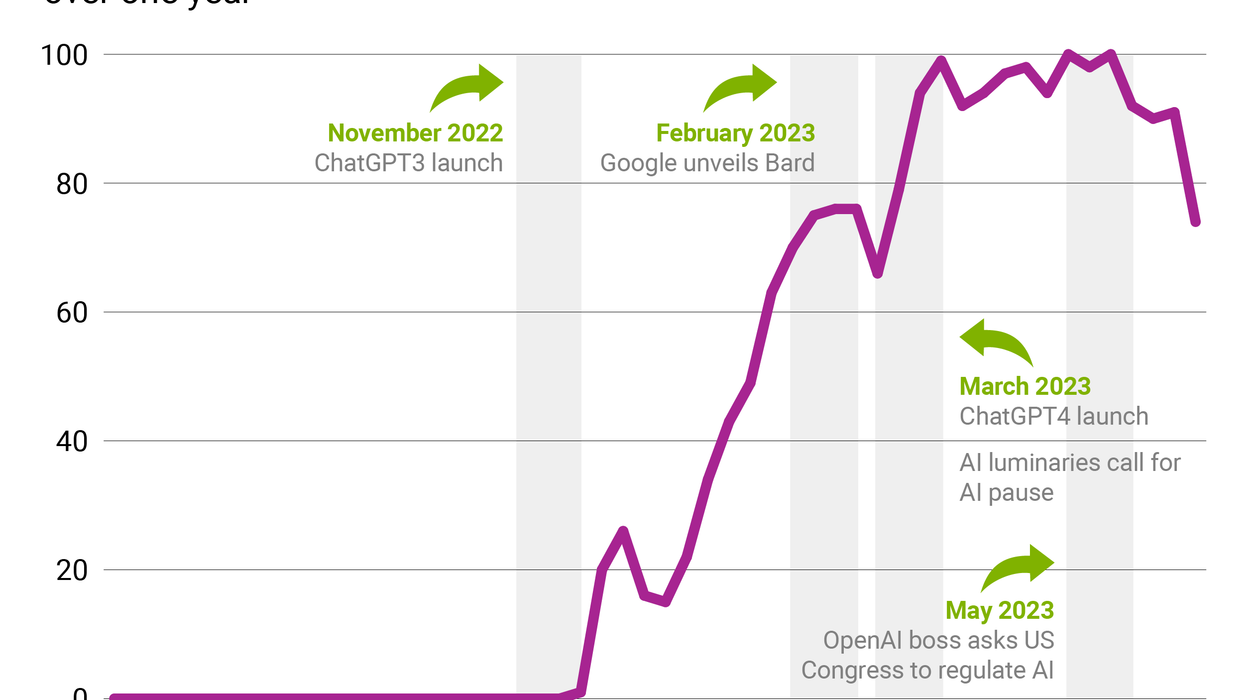10: Inflation in the European Union reached a 10-year high in recent weeks, fueled largely by rising energy costs. While some observers are sounding the alarm, the European Central Bank has remained calm(ish), saying that inflation will likely taper off early next year as production bottlenecks stabilize and the pandemic (here's hoping) recedes for good.
45.2: The World Bank predicts that by next year, 45.2 percent of Nigerians (more than 95 million people) will be living in poverty as a result of inflation caused by supply chain disruptions and food price rises fueled by the pandemic. That's a jump of five percentage points from 2019 levels.
4: Brazil's central bank has raised its reference interest rate four times since March in a bid to curb rising inflation, which reached 10 percent annually last month. In a region traumatized by years of financial volatility, President Jair Bolsonaro is already facing political backlash and a tough reelection bid next year.
-0.3: Japan is the only major economy to have experienced deflation during the pandemic, with prices dropping 0.3 percent from the previous year in recent months. Tokyo has long been trying to boost consumer spending and demand, which have lagged in part because of Japan's aging population.



















